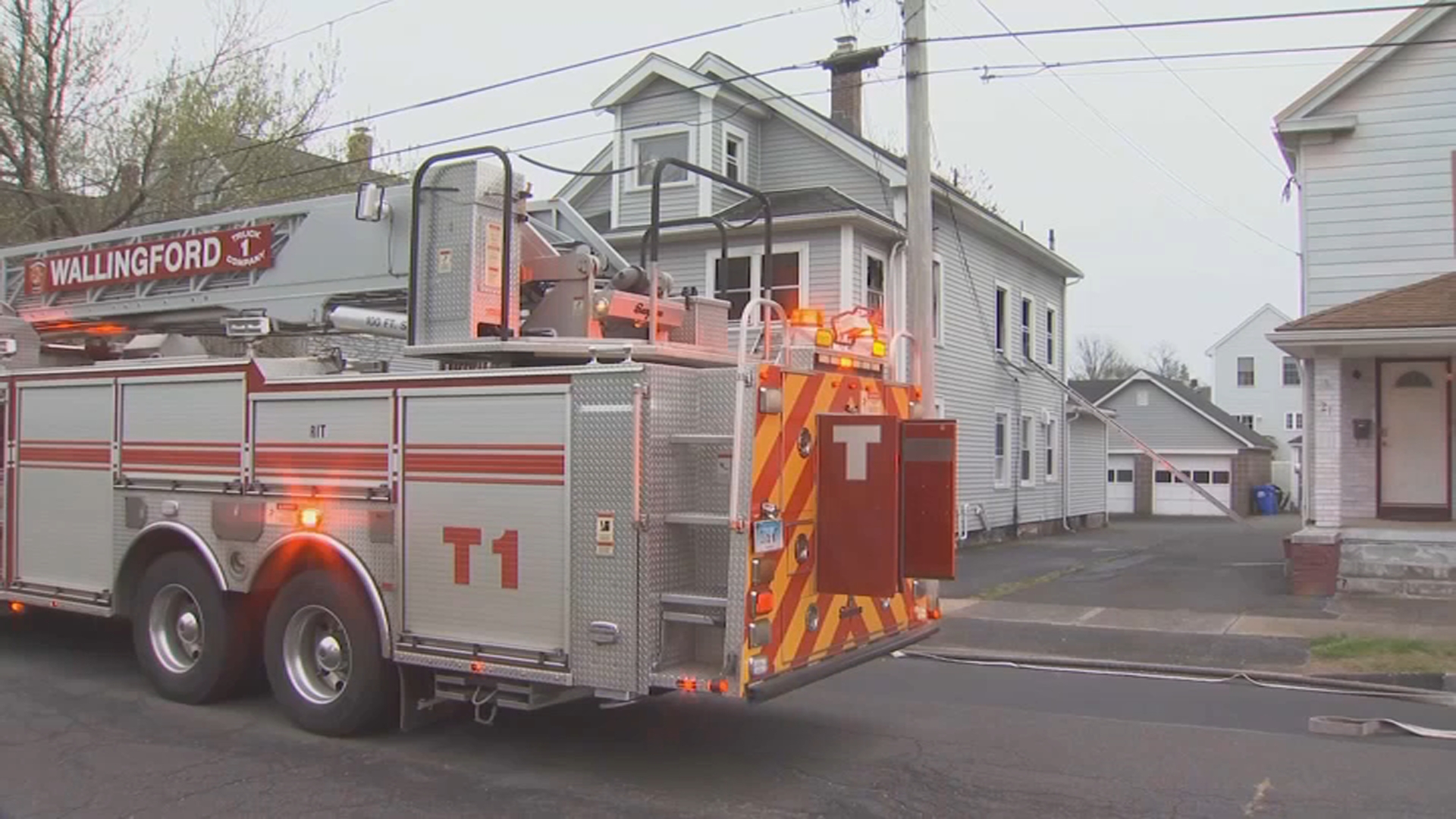State prosecutors plan to appeal the dismissal of Kennedy cousin Michael Skakel's murder conviction in a 1975 bludgeoning death to the U.S. Supreme Court.
State prosecutor James Killen notified the Connecticut Supreme Court of the planned appeal Tuesday. He said the court was wrong earlier this month when it reversed its own 2016 decision and vacated Skakel's murder conviction on the ground that Skakel's trial lawyer failed to call an alibi witness to the stand.
Skakel is a nephew of Robert F. Kennedy's widow, Ethel Kennedy. A jury convicted him in 2002 of killing Martha Moxley in a wealthy Greenwich enclave when they were teenagers, and he was sentenced to 20 years to life in prison.
He served 11 years behind bars before being freed on $1.2 million bail in 2013 when a lower court judge overturned his conviction, citing mistakes by trial lawyer Michael Sherman, who has defended his work.
Prosecutors appealed the lower court ruling to the state Supreme Court, which reinstated Skakel's conviction in December 2016 in a sharply divided 4-3 ruling in which the majority said Sherman's representation was adequate under the U.S. Constitution.
Skakel's new lawyers asked the high court to reconsider, resulting in this month's reversal, which some lawyers and law professors called unusual. The justice who wrote the 2016 majority decision, Peter Zarella, left the court shortly afterward and a new justice, Gregory D'Auria, voted with the majority this month.
Skakel's attorneys Roman Martinez of Latham & Watkins LLP, Hubert J. Santos of Law Offices of Hubert J. Santos, and Michael A. Fitzpatrick, Law Offices of Michael A. Fitzpatrick, released a statement which read, in part:
Local
"The State’s attack on the Connecticut Supreme Court’s ruling is without merit. That ruling was careful and correct. As the Court recognized, a key alibi witness has now confirmed that Michael was far away from the Moxley home at the time the murder took place. Michael’s trial counsel inexplicably failed to investigate that witness, and the jury never heard the witness testify. Michael’s conviction was fundamentally unfair, and he has already spent more than 11 years in prison for a crime he did not commit. We will urge the United States Supreme Court to deny further review, and if necessary we will vigorously defend the Connecticut Supreme Court’s decision on the merits."



